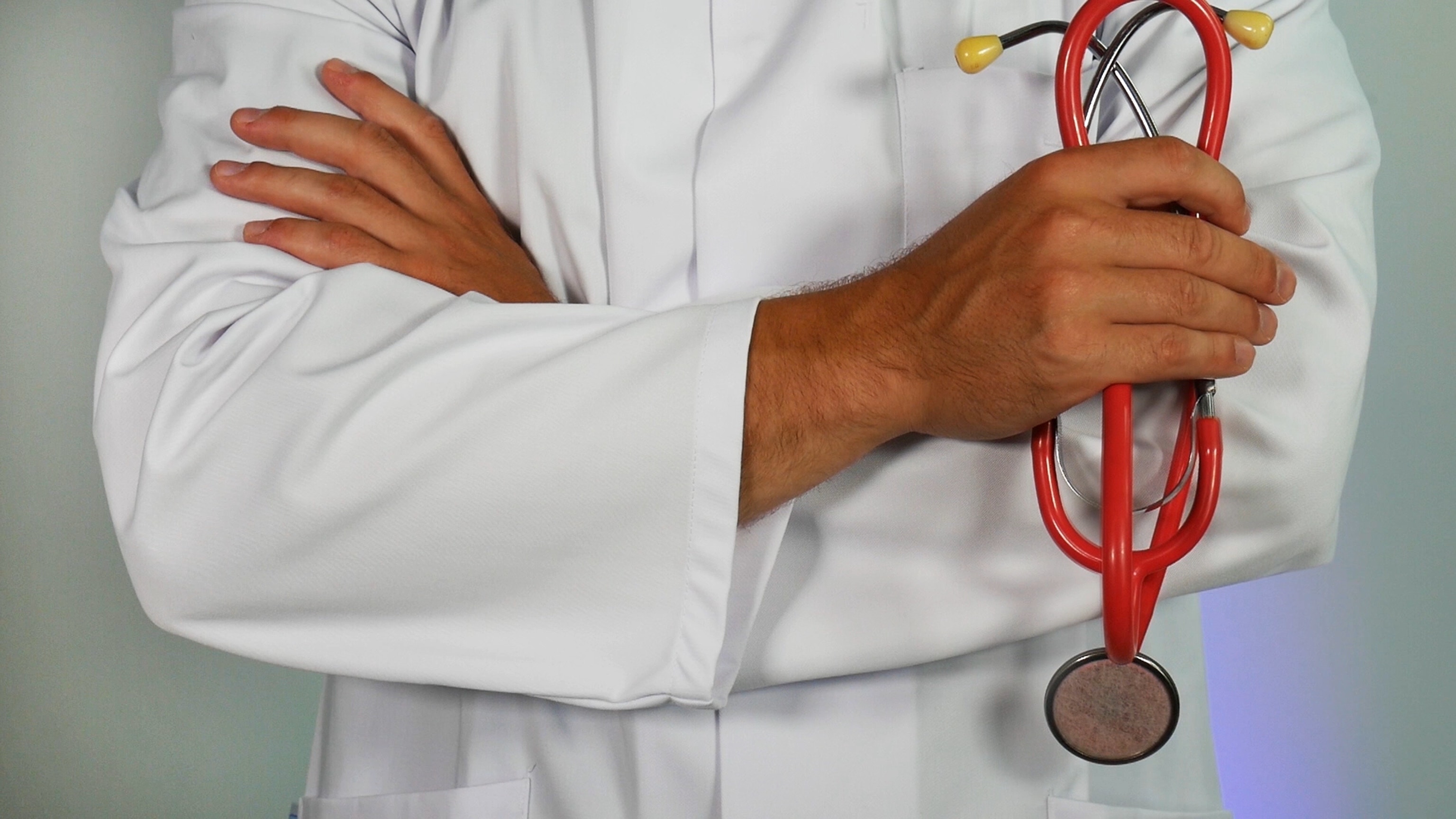A family practice. A cunning nurse. Does section 75-1.1 apply to her conduct?

Ellis & Winters
North Carolina law prohibits unfair or deceptive acts “in or affecting commerce.”
But “commerce” doesn’t include “professional services rendered by a member of a learned profession.” This quoted language comes straight from N.C. Gen. Stat. § 75-1.1.
One clear takeaway from this language is that a professional’s treatment of a patient or client doesn’t violate section 75-1.1. A medical-malpractice plaintiff can’t get treble damages.
It’s less clear, however, whether this language applies to claims about conduct between or among medical professionals.
This post studies a recent Business Court decision on that issue. The decision comes from a case styled Alamance Family Practice, P.A. v. Lindley.
Allergic to the truth
Lindley concerned allegations of rogue conduct by a nurse practitioner. The plaintiff—a family medical practice in Burlington—hired Cheryl Lindley as a nurse practitioner in 2015.
According to the complaint, Lindley soon thereafter established a separate business for allergy testing. She established this business without telling the practice. She also accessed private, confidential patient information from the practice’s database, and then used that information to solicit patients.
These allegations fueled an eight-count complaint. The practice sued both Lindley and the practice’s office manager, Jeff Kimball. The practice accused Kimball of being an accomplice to Lindley’s actions.
The complaint contained the full array of business torts, including a 75-1.1 claim.
Lindley and Kimball moved to dismiss the 75-1.1 claim. Citing the statutory definition of “commerce,” they argued that the claim didn’t fall within the scope of section 75-1.1. Their opening brief emphasized that the relevant conduct was Lindley’s rendering of professional services.
The practice offered a different interpretation of the statute. It argued that the exemption applies only when a member of a learned profession acts unfairly or deceptively “with a member of the consuming public.” (The practice also argued in its response brief that a nurse practitioner is not a “member of a learned profession,” but it abandoned that argument at the hearing on the motion.)
Judge Michael L. Robinson rejected the practice’s interpretation.
He first explained that, in assessing whether the learned-profession exemption applies, the salient question is whether the challenged conduct “affects the professional services rendered by members of a learned profession” (my emphasis added).
Judge Robinson then cited North Carolina appellate decisions in which the exemption applied to conduct by a medical professional that was not directed to patients, but that nonetheless affected the rendering of professional services.
Burgess v. Busby is one of those decisions. There, the challenged conduct was a physician’s sending a letter to other medical professionals that named patients who had sued the physician. The physician sent the note to discourage the recipients from treating the listed patients. Even though the challenged conduct didn’t directly involve patient treatment, it did affect the rendering of professional services: it was designed to stop patients from receiving treatment.
Wheeless v. Maria Parham Medical Center is another example. In that case, medical professionals sent an anonymous letter to the state medical board about another doctor. The doctor sued, alleging that the defendants illegally accessed and used confidential peer-review and patient records. That conduct—the sending of the letter to the medical board—affected the rendering of professional services, so the exemption applied.
Decisions like Burgess and Wheeless show that the conduct in Lindley also fell within the exemption. Lindley’s conduct, after all, concerned the provision of allergy testing to patients—that is, the rendering of professional services.
Notably, Judge Robinson didn’t stop there. He also concluded that the same allegations that made up the 75-1.1 claim simply parroted the allegations that made up the practice’s claim for breach of Lindley’s employment agreement. Those allegations, Judge Robinson explained, were not sufficiently “aggravating” to convert the contract breach into a claim for treble damages.
Final diagnosis
Does Lindley suggest that the learned-profession exemption might be broader than it facially appears in section 75-1.1?
If you think that the exemption is meant to apply only to the actual rendering of professional services, then yes, Lindley suggests that the exemption is broader than you might think.
But if you read the text of the statute, the answer is no. The question is not whether the claim is about the rendering of professional services. The question is whether the challenged conduct “affects” professional services rendered by a learned professional. That’s the plain language of the statute.
To be sure, whether any particular conduct “affects” professional services will turn on the specifics of the case. But it’s a broad exemption, and one that plaintiffs alleging a 75-1.1 claim in the professional-services context should bear in mind from the outset.
Author: Stephen Feldman

